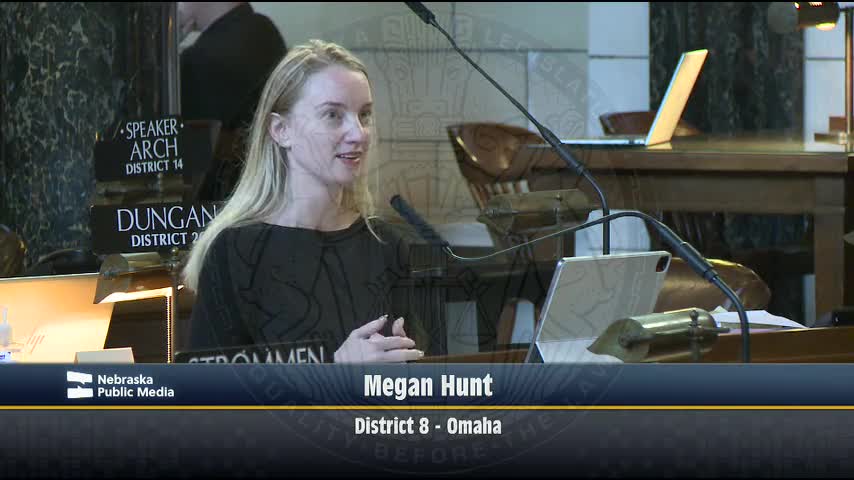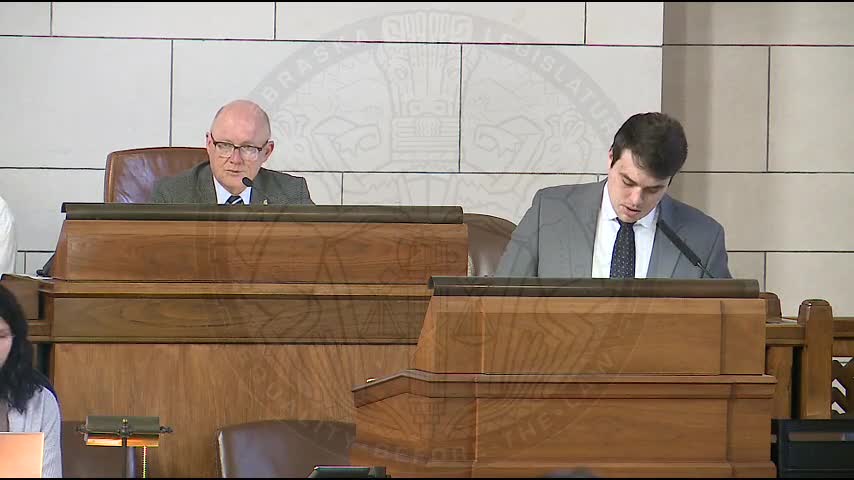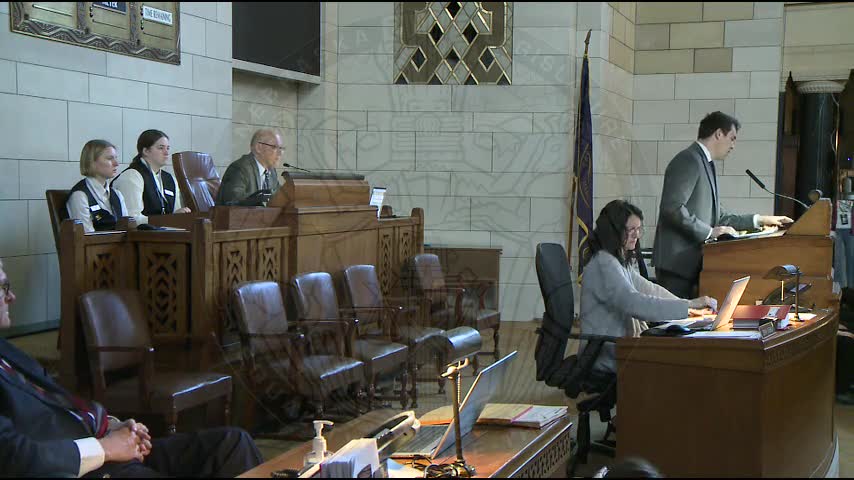Article not found
This article is no longer available. But don't worry—we've gathered other articles that discuss the same topic.

Senators split over bill that would restrict school bond elections to scheduled statewide or recognized local election dates

Senate adopts amendment to fund postpartum home visits using Medicaid excess profit fund; LB22A advances

